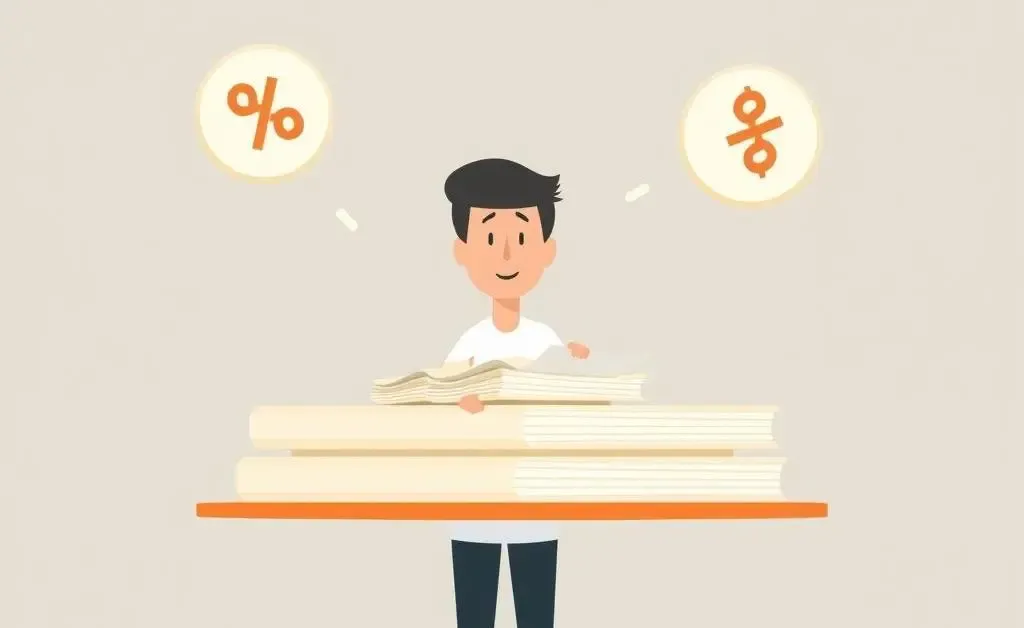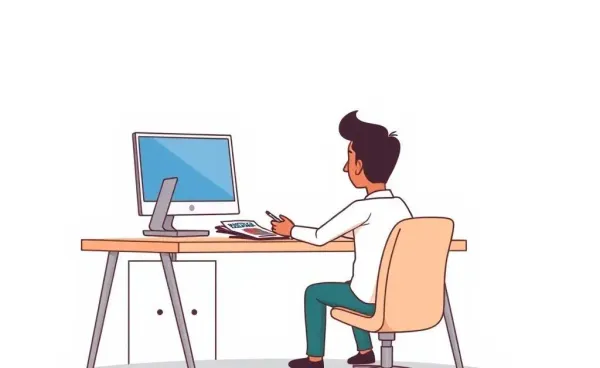Understanding Interest Rate Cuts: What They Mean for Your Finances
Discover how interest rate cuts affect your personal finance situation and explore practical tips to stay on top of your financial game.

Have you ever wondered why interest rates seem to be such a big deal? They're constantly in the news, and for good reason. The Bank of England's decision to cut interest rates can have a ripple effect on your wallet — impacting everything from your savings account to your mortgage payments. But what does it really mean for your personal finances? Let's break it down together.
How Interest Rate Cuts Impact You
Interest rates might sound technical and dull, but they have a very real impact on day-to-day life. Simply put, when interest rates drop, borrowing becomes cheaper, and saving gives you less return. Here’s a quick rundown of what you might experience:
- Borrowing Costs: With lower interest rates, loans and mortgages become more affordable. This could be great news if you’re considering buying a home or need a loan for a big purchase.
- Savings Returns: However, your savings account might earn less interest, which means it could take longer to reach your savings goals.
- Investment Returns: Certain investments might also see lower returns, which can affect those relying on dividends for income.
So, it’s a bit of a balancing act, isn’t it? Let’s explore more about how these changes could personally affect you.
Making the Most of Lower Interest Rates
Picture this: My friend Olivia's been saving up for years, planning to buy her first home. She was ecstatic when she learned about the interest rate cut, anticipating lower mortgage rates. We sat over coffee, making calculations and dreaming about her summer garden parties.
If you're in a similar situation, here are a few pointers:
- Review Your Mortgage: It might be a good time to refinance or lock in a lower rate. Consult with your lender to see if this could be a cost-saving move.
- Boost Savings Wisely: While interest rates are low, consider diversifying your savings strategy by looking into investment accounts with potentially higher returns.
- Careful with Credit: Lower interest rates make borrowing cheap. While tempting, it's important not to overextend yourself financially.
Ultimately, the key is staying informed and being proactive about these shifts.
Looking Ahead
Interest rate changes are like the weather — sometimes predictable, sometimes not. They play a crucial role in the economy’s overall health and can significantly impact our personal finances. While we can't control these changes, we can certainly plan and adapt accordingly.
As you navigate the ebbs and flows of interest rates, remember to keep an eye on your financial goals and seek professional advice where necessary. How do you plan to adjust your financial strategy in light of changing interest rates?




